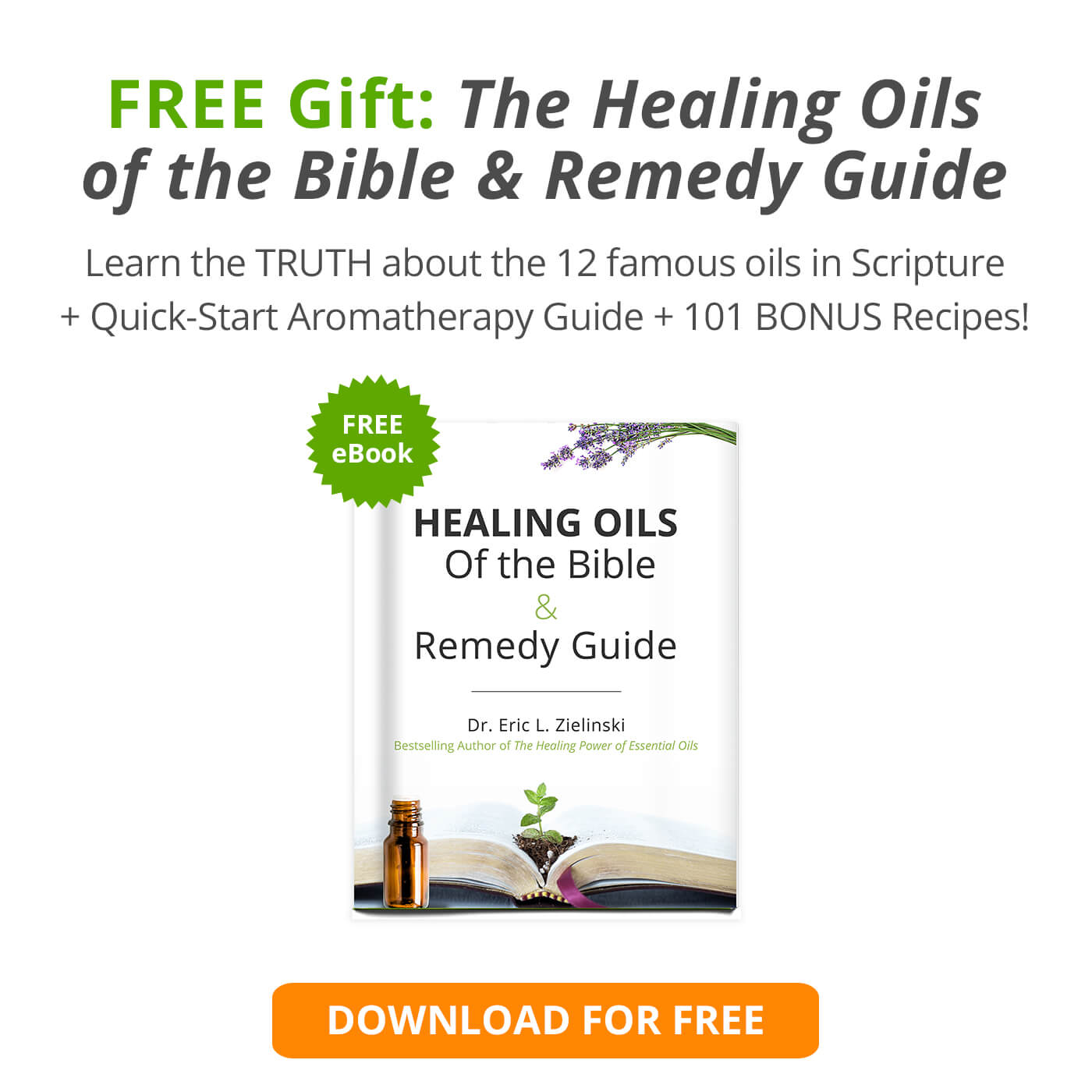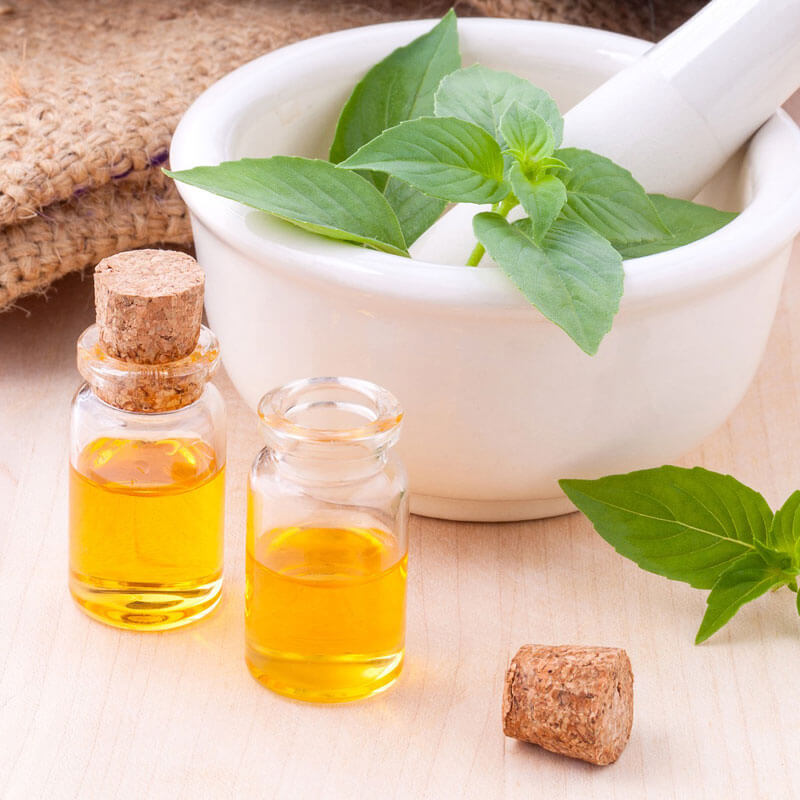Let’s tackle how to combat allergies of various kinds with natural remedies, lifestyle changes, and of course, essential oils for allergies!
With the ever-changing pollen season, many people battle allergies nearly year-round. If you’re one of them, you know that allergies come in many shapes and forms and can hit at any given time. At its core, they are just another manifestation of inflammatory illness – a plague on our generation – and there are a variety of ways to use essential oils for allergies.
Table of Contents
Best Essential Oils for Allergies
The term “allergies” covers a broad range of issues, which means you won’t find just one treatment or preventative measure to match it. Many claim that these four essential oils for allergies are the best:
- Lavender (used to calm the system)
- Peppermint (used to open up the sinuses)
- Lemon (used to cleanse the body)
- Cannabis (used to reduce inflammation and autoimmune reactions)
Quick applications of essential oils for allergies:
- Many people have benefited from ingesting 1 drop of each oil in a gel capsule filled with oil olive and/or diffusing a blend. Don’t exceed one time per day for more than 7 days.
- Be sure to try my Essential Oils for Allergies Roll-On recipe for instant support!
- Inhalation works very well to ease breathing as well. Try using a blend of these oils in a personal inhaler
The scientific literature hasn’t validated these approaches and there aren’t any endorsed essential oils for allergies or an allergy remedy, per se. But when we look closely at manifestations of allergies, we can easily find remedies that might help bring relief.
There are many kinds of allergies, and you might have a combination of them or just one. To generalize the main ways allergies show themselves, you might have the following list:
- Seasonal (Respiratory)
- Skin
- Food
Other factors might be whether the reaction is topical, like hives, or systemic and chronic, which must be considered before you start to use essential oils for allergies.
Using Essential Oils for Seasonal Allergies
For the sake of categorization, we’ll mostly discuss nasal allergies – congestion, sneezing, runny or stuffy nose – here. Technically, asthma is a key component to respiratory allergies and carries plenty of nuances in cause and treatment. But, like food allergies, asthma can be life threatening. Aside from good diet and lifestyle habits to help alleviate the symptoms, DIY treatments are inadvisable, especially outside of the care of a skilled physician.
With that out of the way, nasal and respiratory allergies are the most common forms of allergies and are the cause of that dreaded seasonal attack. This kind of respiratory reaction comes when the body targets something inhaled – like pollen or pet dander – as a virus. The result is not unlike the symptoms of a cold, when the body is attacking an actual virus.
Unlike the other allergies we’ve discussed here, nasal and respiratory allergens are not easy to avoid since most of them are airborne and pervasive. Instead, the focus for remedies and treatments usually lies in symptom control.
Essential oils for allergies are best inhaled for respiratory allergies, moving through the airways to help clear the passageways.
- Diffusing lavender essential oil is a standout choice, not only helping to suppress symptoms and clear the airway but also to modify the immune response. (2)
You might also consider minimizing airborne toxins by changing the kinds of cleaners you use in your home. Indoor pollution via conventional cleaners can be a major aggravator for allergies and asthma. (3) Switching to all natural, DIY cleaning products can protect your family’s airways while keeping your home fresh.
Using Essential Oils for Skin Allergies
Allergic reactions that appear topically carry their own sets of variables, from the severity of the reaction to the range of causes. You might even react externally to something you consume.
Allergies that manifest on the skin can be itchy or painful, cause swelling and redness, and other unpleasant symptoms. Once you’ve identified the allergen and have avoided it, the reaction typically subsides. If it’s something you really need relief from, though, there are things you can do to ease the reaction. WebMD’s remedies include (1):
- Cooling it down
- Soaking it in a soothing substance
- Using an anti-itch cream
Making a compress of something like ground oats, it suggests, can help to soothe the inflammation and itching.
- Natural Remedy Application: Cooling and anti-inflammatory essential oils can be helpful for relieving symptoms of a skin allergy reaction. If you know you’re not allergic to any of them, some suggested oils to dilute into a carrier oil include frankincense, peppermint, and lavender.
- A strong anti-inflammatory carrier like calendula-infused coconut oil is suggested, though calendula may be a problem if you have a ragweed allergy as they share the same family!
Using Essential Oils for Food Allergies
Some of the most dangerous allergic reactions come with food allergies. The anaphylactic response to a peanut allergy is the hallmark in our minds, putting allergic individuals at serious risk sometimes from as little as cross-contamination from peanuts.
Food allergies can be a reaction to one or many foods or additives, and the reactions are just as varied. A true food allergy involves the immune system – as all allergic reactions are an over-response from the immune system – and according to Johns Hopkins will include symptoms like these (4):
- hives (localized or widespread)
- swelling (lips, tongue, face)
- nausea, discomfort, vomiting, stomach pain
- shortness of breath, cough, wheezing
- pale appearance, fainting, weak pulse, dizziness, confusion
- blue tinged lips or face
- tightening of the throat, hoarseness, trouble breathing/swallowing
- itchy mouth or tongue
It’s important to distinguish the difference between food allergies and food intolerance. A food intolerance may be uncomfortable and unpleasant, but also potentially treatable with gut healing and other remedies. A food allergy, on the other hand, poses a different kind of risks, and it’s dangerous to experiment with treatments.
Focusing on gut health can be a huge part of healing the body when dealing with both food allergies and general allergies. For example, probiotics may help with respiratory allergies! (5) While you may not be able to completely overcome food allergies without help from an allergist, you can begin to heal the body at the source of the problem.
Natural Remedy Application:
- For food allergies, it’s best to work closely with an allergist to help adapt to and hopefully overcome the allergy. While we can play with potential combinations of oils and remedies for some allergies, food allergies are no game.
- Essential oils shine here, with many oils working well against nasal congestion and respiratory concerns. When allergies are “acting up,” try an essential oil steam to break up the congestion.
- Drop 1-2 drops of your chosen oil or a pre-mixed blend of oils into a bowl of boiling hot water. Be sure to choose oils that are not mucus membrane irritants and are non-sensitizing for this application! Lean your head over the bowl and breathe the steam in. Stay here for 5-10 minutes. For extra intensity, drape a towel over the back of your head to trap the steam. Suggested essential oils to include eucalyptus, peppermint, and lavender.
- https://www.webmd.com/allergies/treating-your-skin-allergies-at-home
- https://www.ncbi.nlm.nih.gov/pubmed/24909715
- https://www.ncbi.nlm.nih.gov/pubmed/25907212
- https://www.hopkinsmedicine.org/healthlibrary/conditions/allergy_and_asthma/allergies_and_the_immune_system_85,P00039
- https://www.ncbi.nlm.nih.gov/pubmed/26634592







